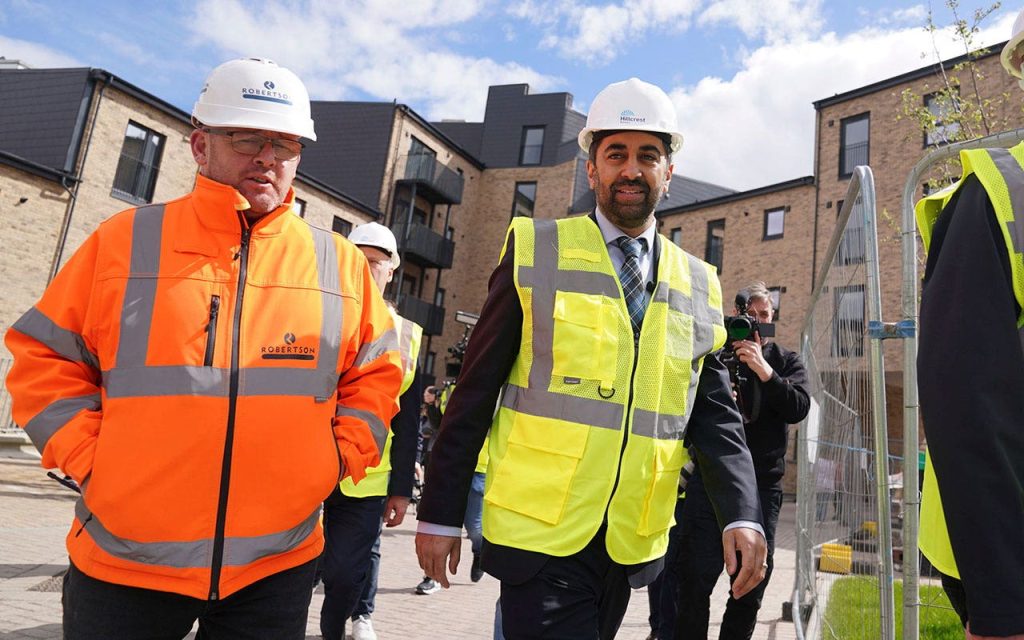First Minister Humza Yousaf has faced mounting pressure as he refuses to resign in the wake of his decision to end a three-year power-sharing agreement with the Greens in Scotland. A no-confidence vote has been tabled against him, but Yousaf is determined to fight it and remain in power. The potential defeat could lead to his resignation and a possible early election in Scotland, a move that would have significant implications for the country’s political landscape.
The decision to abandon the power-sharing deal with the Greens has sparked backlash from opposition parties, including the Scottish Conservatives and Labour. Without the support of the Greens, who also support Scottish independence, Yousaf is two seats short of a majority in Parliament. With mounting pressure from various parties, Yousaf’s fate hangs in the balance as he navigates the political turmoil surrounding his leadership.
Yousaf, who took over as first minister from Nicola Sturgeon in 2023, may need the support of a former SNP lawmaker, Ash Regan, to retain his position. Regan, who now represents a rival pro-independence party, Alba, has indicated that she may back Yousaf, potentially securing the government’s majority support. However, the outcome remains uncertain as the political landscape continues to shift in Scotland.
If Yousaf were to lose the no-confidence vote, ministers in the government would be required to resign immediately. The Parliament would have 28 days to attempt to form a new government with majority support, or else an early election would be triggered. The uncertainty surrounding Yousaf’s leadership and the potential for an early election has heightened tensions in Scottish politics, with various parties vying for power and influence.
The SNP, which has long been a dominant force in Scottish politics, has faced challenges in recent years, including a referendum on independence in 2014 and more recent controversies surrounding party finances. The upcoming general election in the UK presents another hurdle for the SNP, with opposition parties gaining ground in Scotland. Yousaf’s leadership and the fate of the government will have significant implications for the future of Scotland’s political landscape.
As Yousaf faces increasing pressure and uncertainty in his leadership, the future of the SNP and the Scottish government hangs in the balance. With opposition parties lining up to challenge his position and potential early elections looming, the political landscape in Scotland is fraught with tensions and uncertainty. Yousaf’s determination to fight the no-confidence vote reflects a broader struggle for power and influence in Scotland, with significant implications for the country’s future direction.


